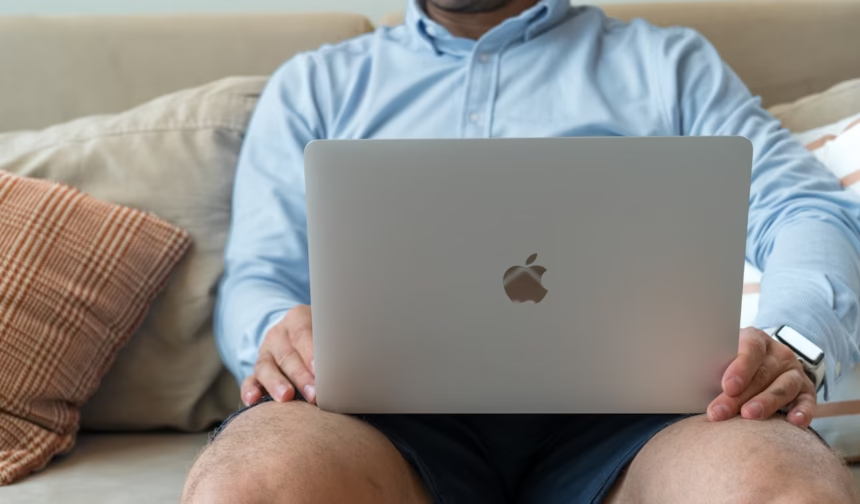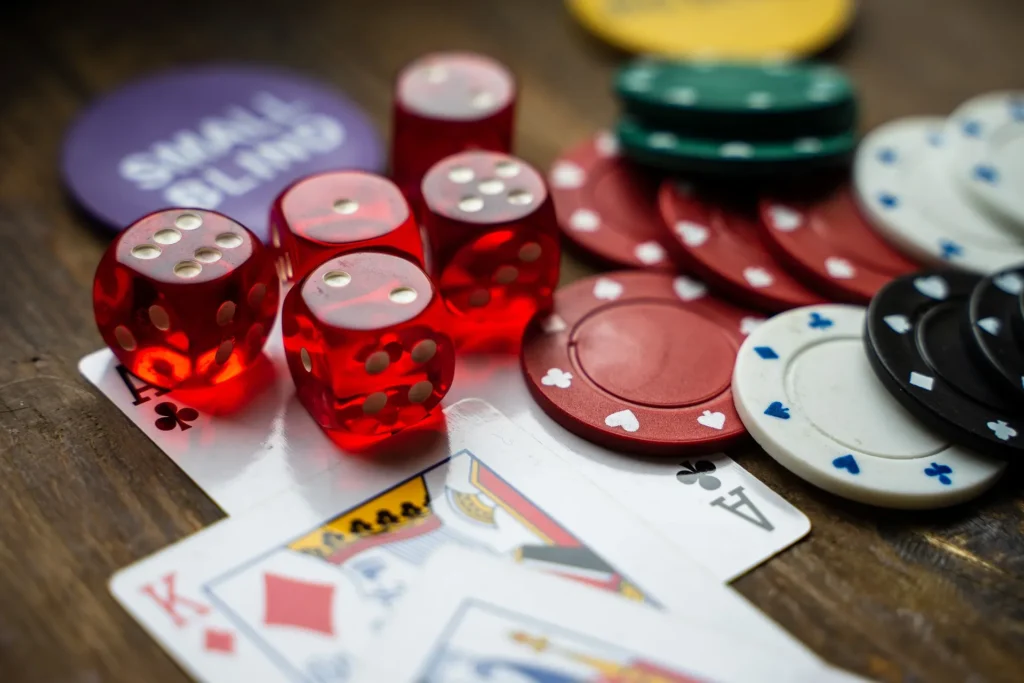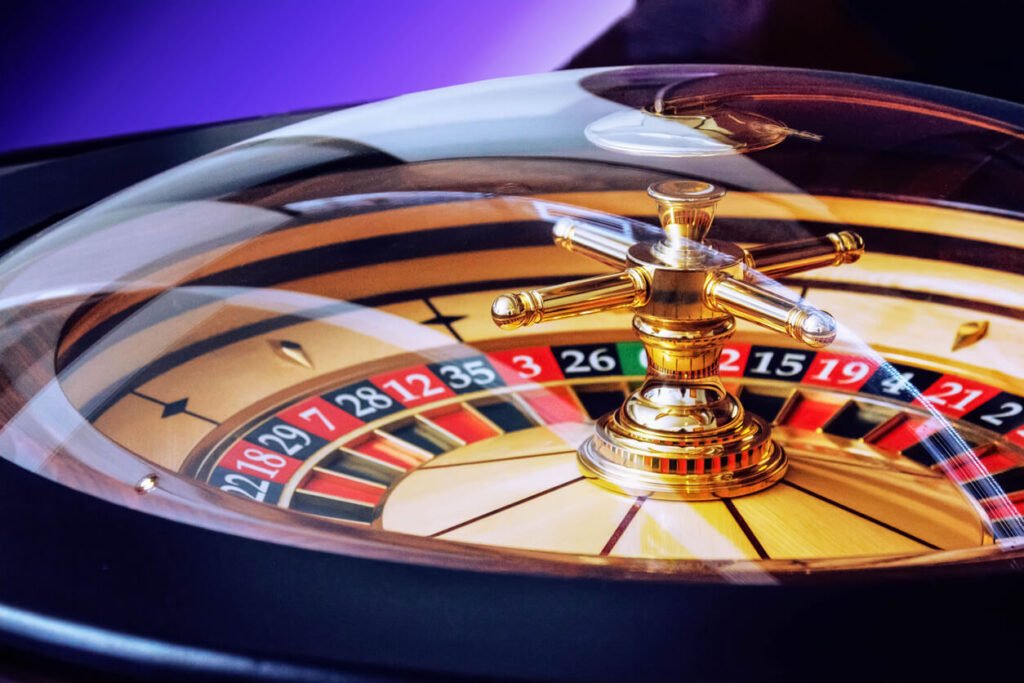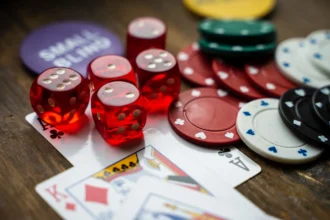It is vital to understand the probabilities of winning. They illustrate how likely it is that something will happen and how much money a person could win if they guess right. There is a mix of numbers, studies, and sometimes even how people feel behind every strange thing. If people realise how odds relate to real-world chances, they can bet more responsibly and with more information.
Understanding what betting odds really mean
When people open a platform like Online sports betting 1xbet, they often see numbers such as 2.00, 3/1, or +150 next to team names or players. These numbers are called odds. They tell how much someone could win compared to what they stake and also show the bookmaker’s view of how likely the event is.
Three types of odds exist. European betting odds are decimal, showing how much you’ll win per unit. In the UK, fractional odds represent your profit vs your stake. American odds use positive and negative numbers to show how much someone can win or must spend to win a specific sum. Decimal chances of 2.00 are 50%, fractional odds of 3/1 25%, and American odds of +150 are 40%. Odds don’t guarantee success. They solely discuss probability to assist bettors in assessing risk and profit.
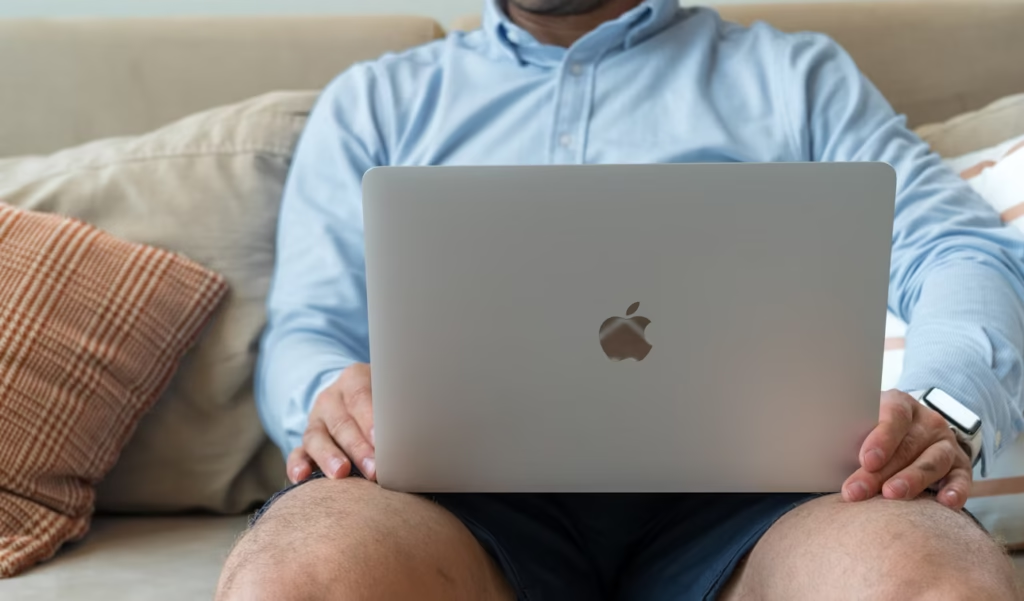
The link between odds and probability
When visiting websites such as https://1xbet.et/en/slots, many people notice how odds change depending on time and activity. That happens because odds are directly tied to probability. They show the bookmaker’s estimation of how likely something is to occur.
Make odds into probabilities to clarify this link. If the decimal odds are 2.00, the event has a 50% chance of happening. To calculate, divide 1 by decimal odds. Division by 2.00 yields 50%, or 0.5. The event is less likely with higher odds.
These computations for bookies require a lot of data. They consider statistics, team performance, weather, and more. Even with a good analysis, scepticism remains. Odds indicate likelihood, not outcome.
Factors that influence betting odds
Many factors affect betting odds. Team or player performance matters most. If a team has won several games in a row, its chances of winning next time decrease. People assume they’ll succeed more.
Injury is also important. If a key player can’t play, the odds may alter quickly. The weather can make one team stronger or weaker in outdoor sports like football and tennis. Public opinion matters too. This stabilises the market and reduces risk for both sides.
The role of bookmakers and market adjustments
Bookmakers set the odds and keep track of them. They begin with information on the team, the players, and how they are doing right now. After that, they give fair odds.
When the odds go live, the market changes. People put bets, and bookies keep track of who wins. If too much money is on one outcome, they change the odds to make things fair. This strategy makes sure that everyone has a fair chance and that the bookmaker makes money.
A player’s injury or a sudden change in the weather could also alter the bets that bookies take. These changes happen swiftly and several times before the game. This dynamic algorithm illustrates how closely betting odds match up with what really happens.
Main factors bookmakers consider include:
- Current form and past results
- Team or player injuries
- Public betting patterns
- External conditions like weather or venue
- Expert opinions and data analysis
Common misunderstandings about odds and chance
Many people believe odds can predict the future, but they can’t. Odds indicate probability. Even if the odds are in favour of one side, things could still go wrong. This helps make sports exciting and surprising.
Another common mistake is expecting the odds to always pay out. Every gamble involves risk and luck. Well-planned choices sometimes have unintended consequences. Thus, responsible gambling is essential.
Knowing the odds helps bettors relax. It helps people focus on odds rather than sentiments. Knowing the data may help you make better judgments and behave more safely.
Bottom line
Betting odds provide you with a number that tells you how likely something is to happen in real life. They put together data, analysis, and people’s actions into one number. But you can never be sure about probability. They help you see what could happen, not what will happen.
People who understand how chances work can make better decisions and think things out more carefully. Being aware of the likelihood makes you more focused and balanced. As long as it stays within limits and is considered a form of entertainment, betting may be pleasant.







